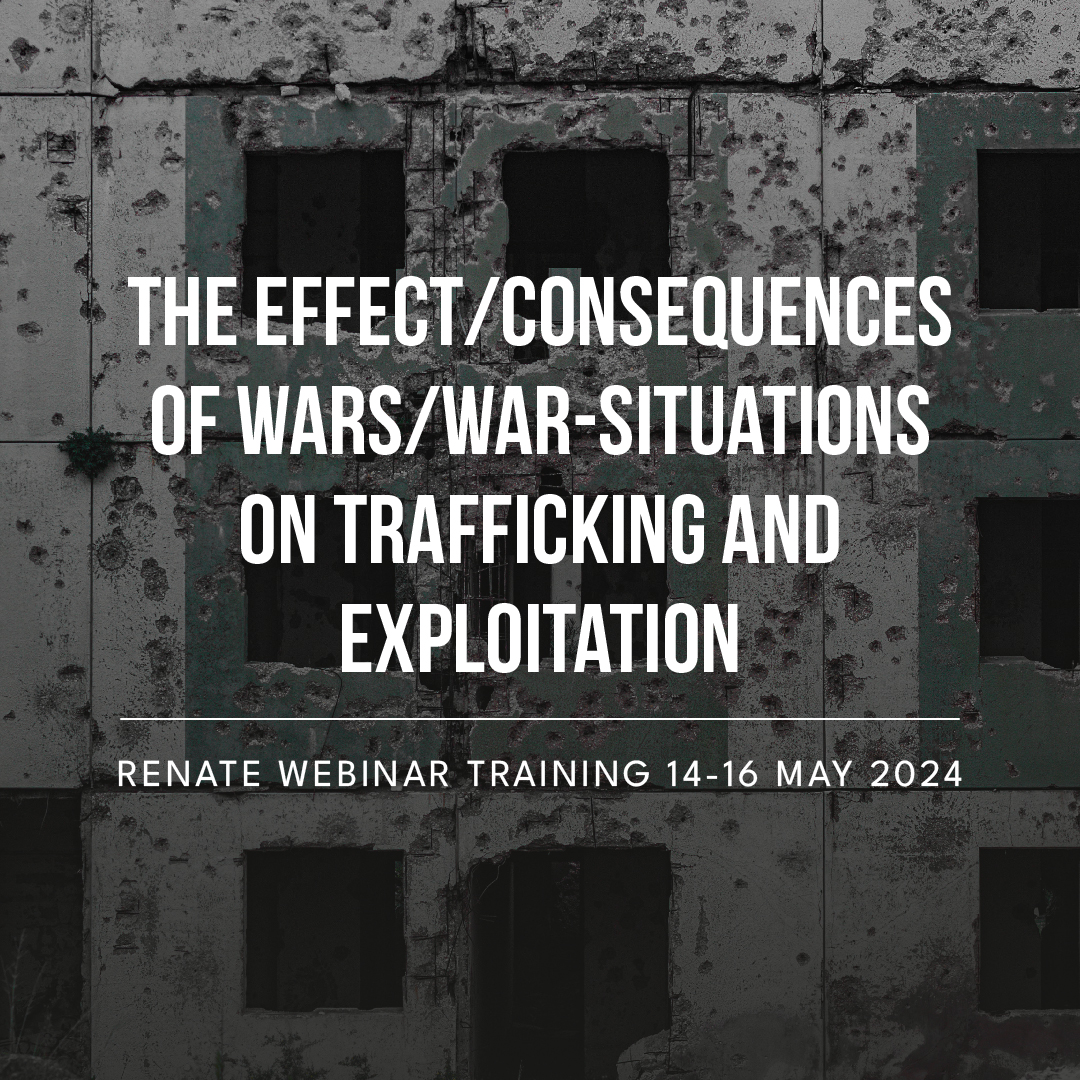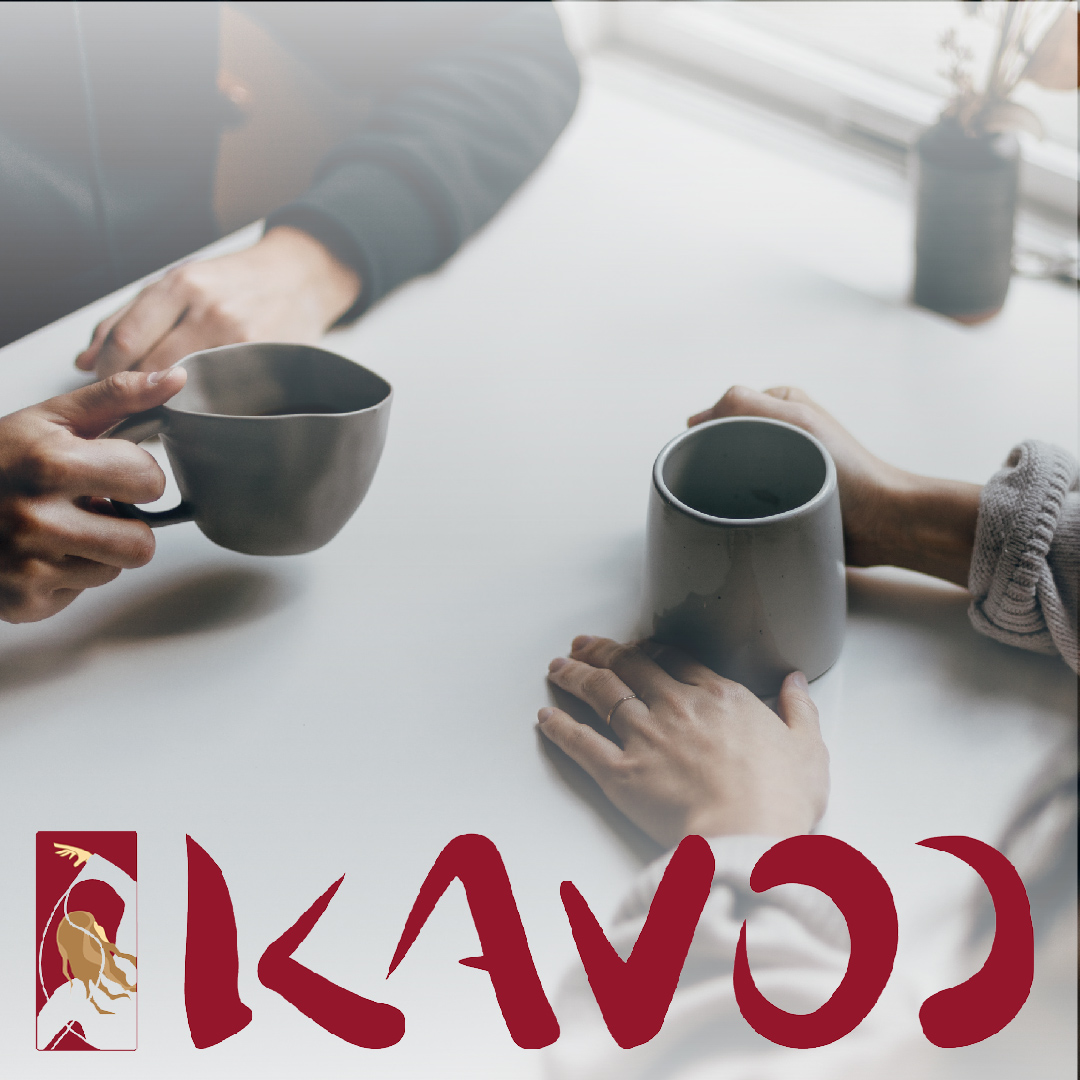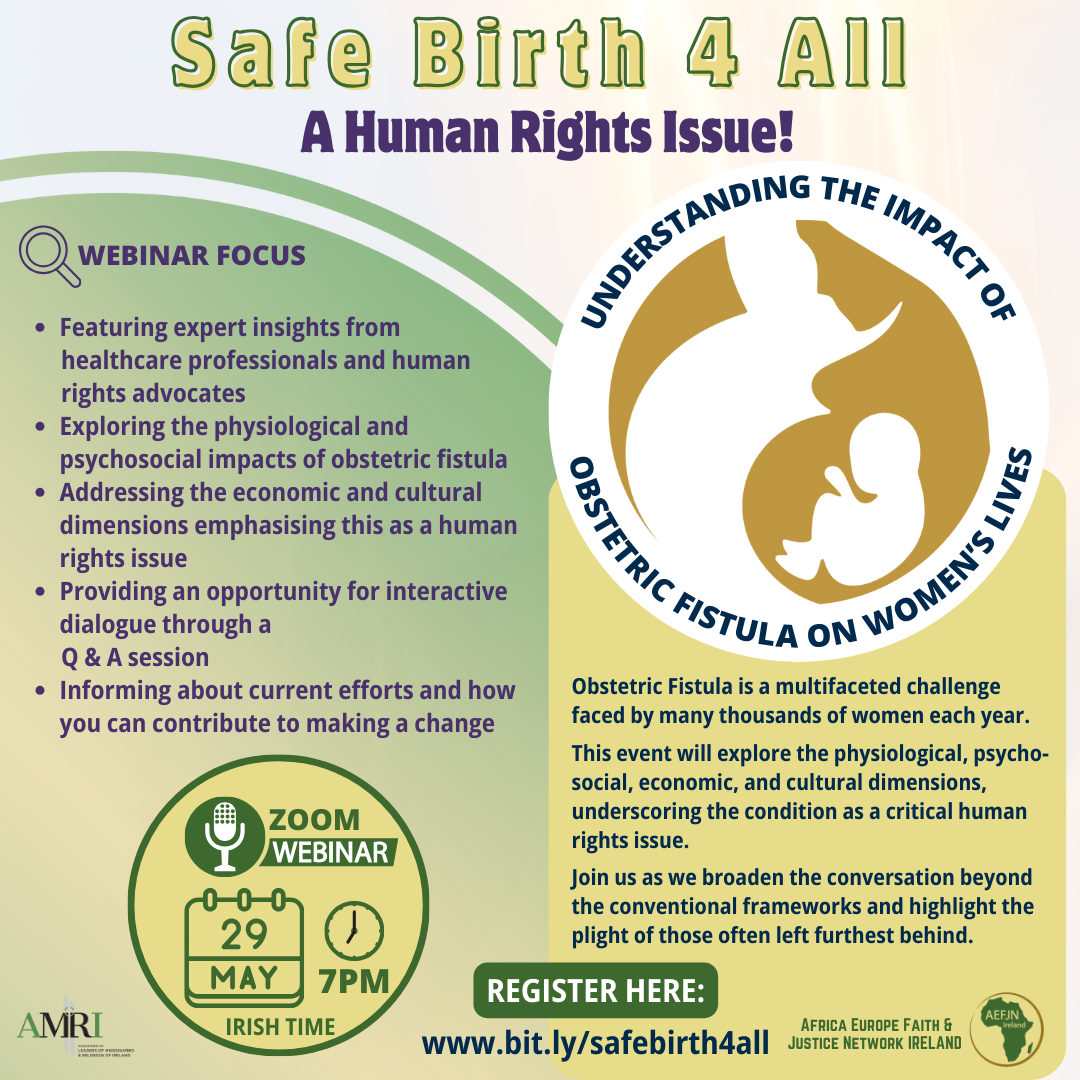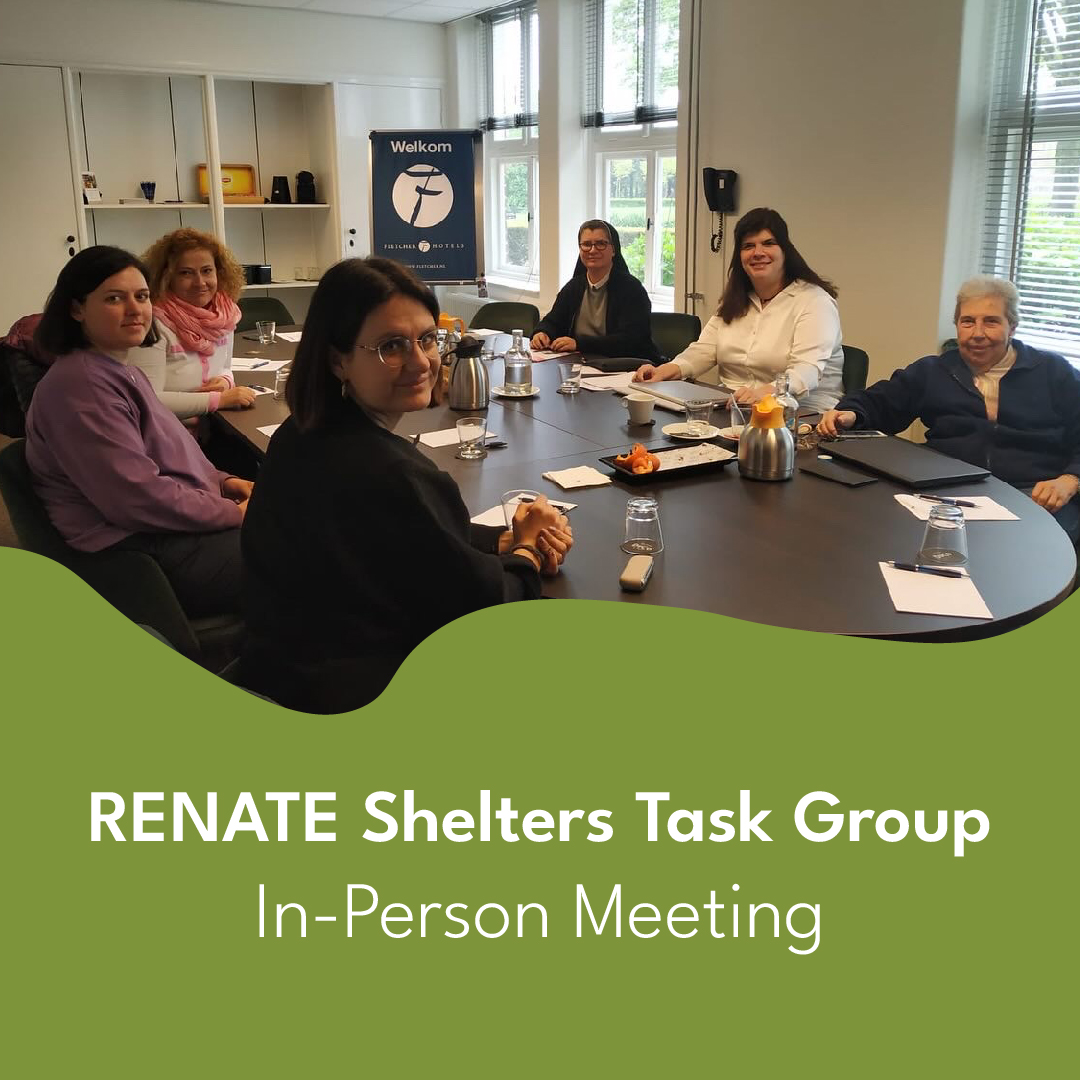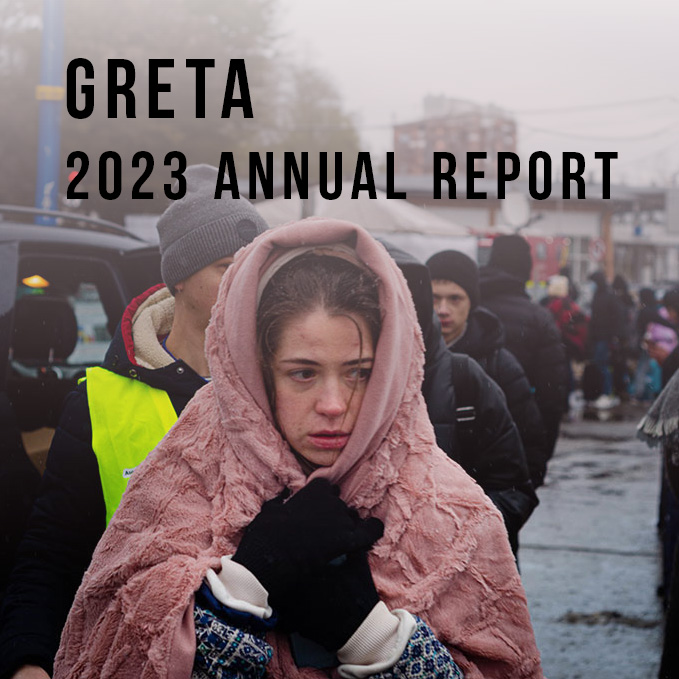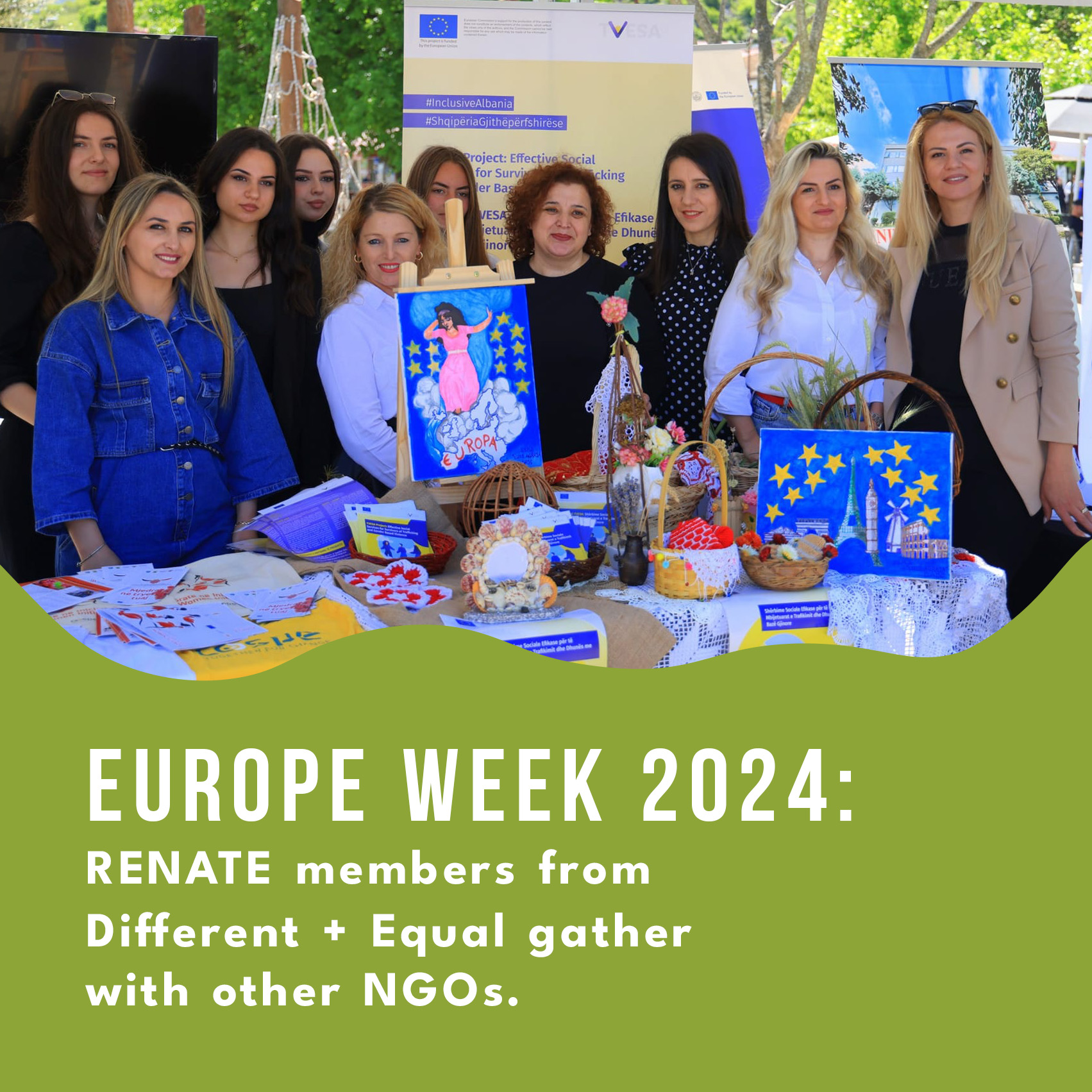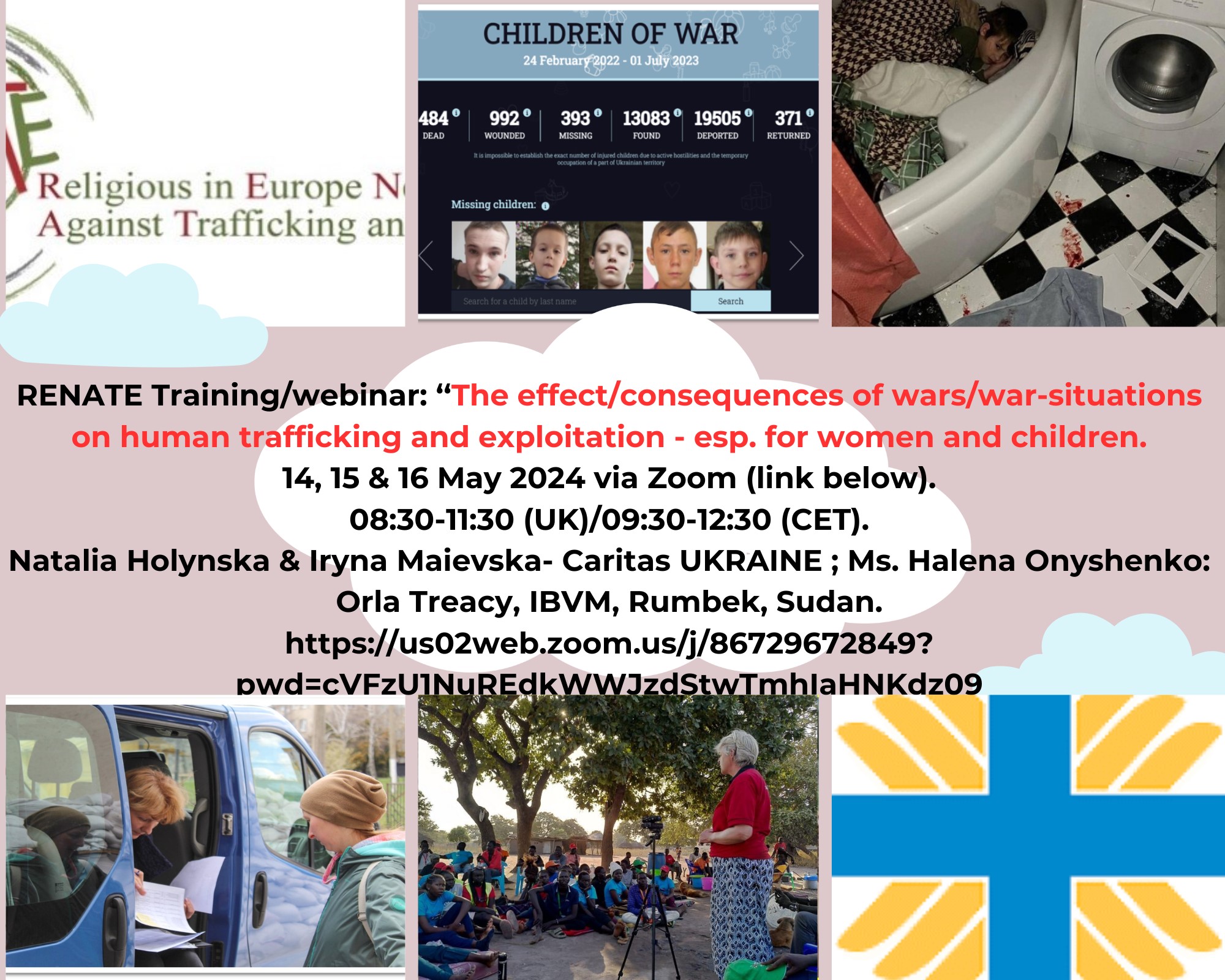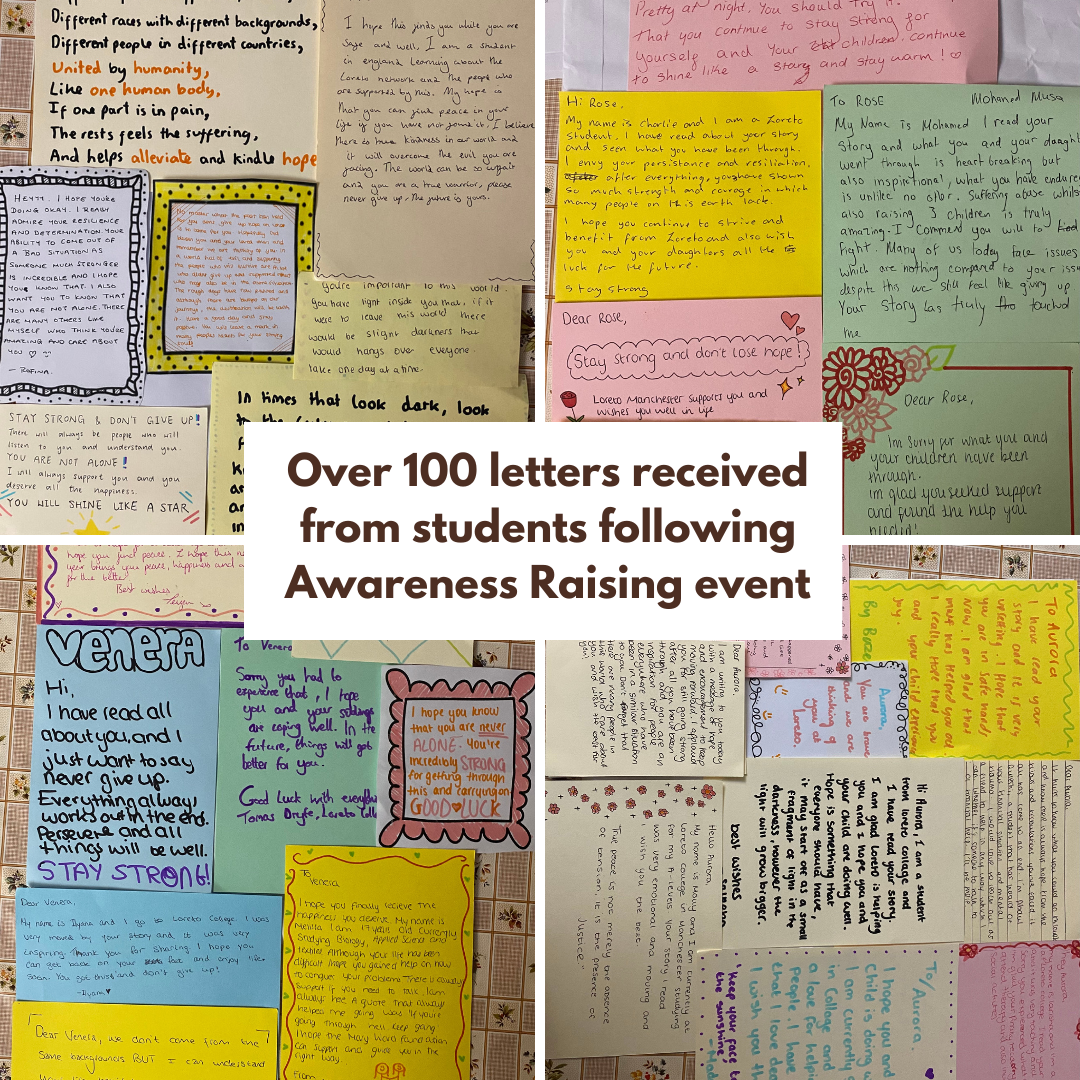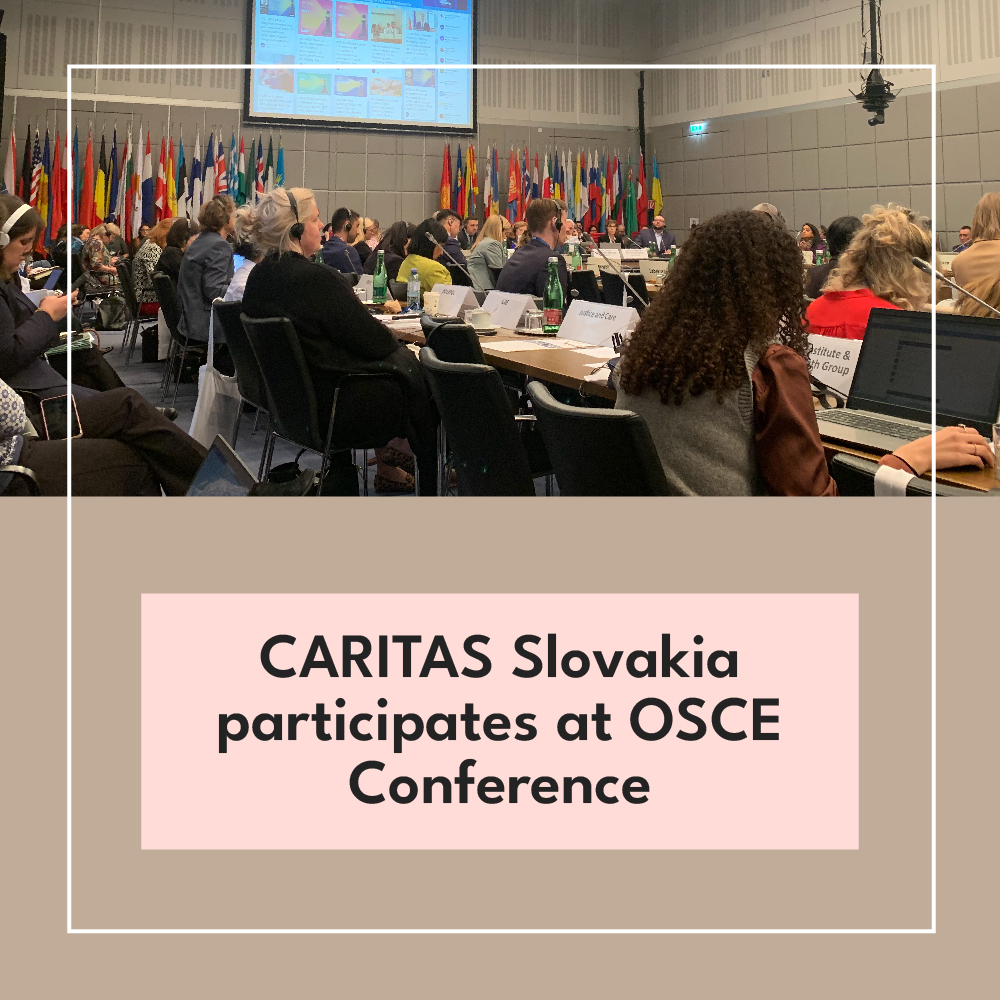In order to bring attention to the issue of “The effect/consequences of wars/war-situations on trafficking and exploitation – esp. for women and children”, the RENATE Europe network held three morning events/webinars online, each of three hours duration, 14-16 May, 2024.
The webinars helped raise awareness about the issue of human trafficking and exploitation specific to areas of conflicts and wars. Thanks to the first-hand experiences of the presenters who work at grass-roots level in the UKRAINE; South Sudan and Kenya, participants were provided first-hand information about the realities of living and trying to function in areas of conflict, where traffickers ply their trade taking advantage of newly-vulnerable people.
Through the Zoom break-out rooms facility, participants considered the implications and impacts of what they heard each morning, for their own work in prevention, protection and awareness-raising in their own respective countries. It was particularly helpful to explore possibilities for action on our parts to help & support colleagues at CARITAS Ukraine; the Catholic University, Lviv; HAART Kenya and Loreto Rumbek, South Sudan.
The perils of conflict extend beyond the bullet & the bomb. There is the equally impactful rendering of vulnerability of people due to risks of confiscation or destruction of their identity documents; labour exploitation; detentions; forced begging; conscription; domestic servitude; forced involvement in criminal activities, to name just a few.
We also learned of the reintegration challenges for those displaced through conflict, who in many cases no longer have a house or employment to return to…finding themselves falling into the hands of traffickers ever-ready to take advantage of the plight of the most vulnerable. There is also the consideration of the need to support those who source food, medicines, medical equipment and first-aid supplies to help sustain communities impacted by warfare, as explained to us by Olena Mosends (Kulygina) a Communications teacher at the Catholic University, Lviv & experienced journalist, who shared with us her ‘ministry of influence.’
‘’In a country where girls are seen as currency, a woman with four daughters & two sons is seen as ‘blessed.’’’ So said Sr. Orla Treacy, Principal Loreto Secondary School, Rumbek, South Sudan as she gave us in-depth insights into the tribal cultures in existence there and the issue of Child Marriage. Working within that milieu of cultural morés, gender issues and concerns etc., Orla has managed to successfully create an appreciation of the value of including girls access education and remain within the education sphere through to adulthood, securing gainful employment and thereby able to help financially support themselves and their families.
Culturally, the commodification of girls is not limited to south Sudan, and we considered both the similarities and differences across many parts of our world where girls are considered ‘less than’ and bartered for labour exploitation, child-marriages and more.
It was powerful to hear the first-hand wisdom from Mercy, a human trafficking Survivor Advocate, who together with her colleague Njera, spoke about the importance of building upon those lived experiences. HAART Kenya provided us with a most informative and indeed heartening input, as Njera and Mercy spoke to the topic ‘’Holistic Care: Enabling Victim Transformation, Partnering with Survivors and developing Community Resilience. Their input which focused on the voice of a survivor, proved to be most uplifting and heartening. We learned about Survivor Advocates and their crucial role in the efforts to end human trafficking and exploitation. It was especially engaging to learn about the importance of creating employment opportunities for survivor advocates in the anti-trafficking spaces and the recruitment of survivor advocates for positions in governmental, NGOs and the private sectors.
Areas such as survivor engagement; the ethical Storytelling and the principles of survivor support challenges & recommendations around economic empowerment approaches, were central components of an enlightening presentation.
Their abiding question Where do we find hope? should be a road-marker for us as we move forward in our mission to end human trafficking and exploitation.
Recordings of the webinars are available on the RENATE YouTube channel:

.png)





